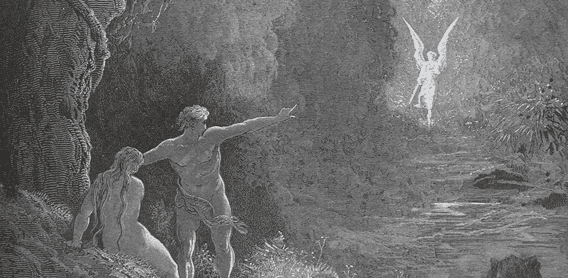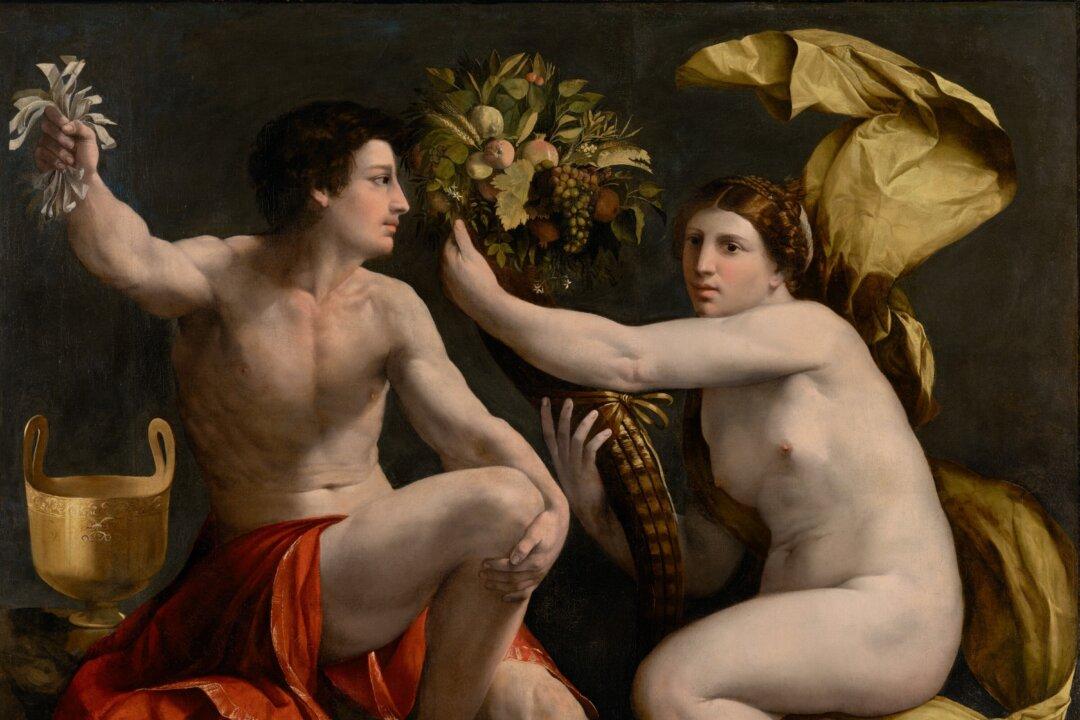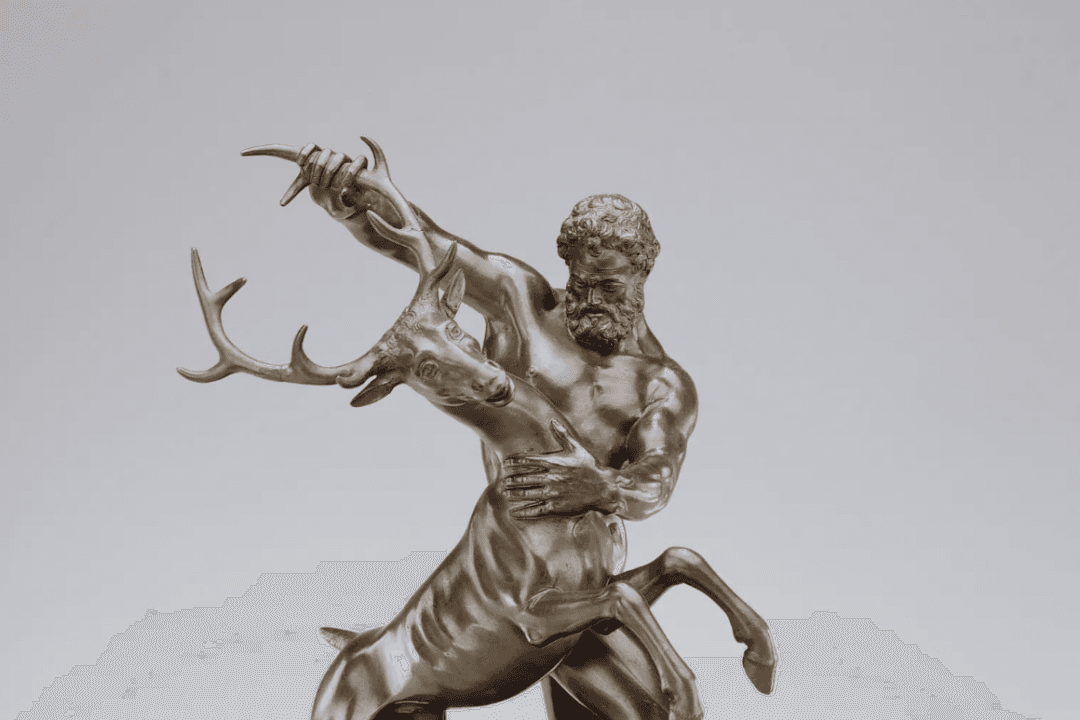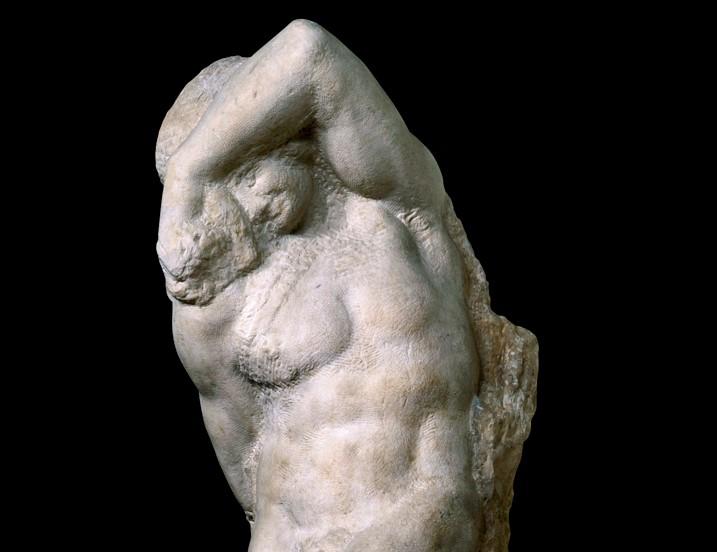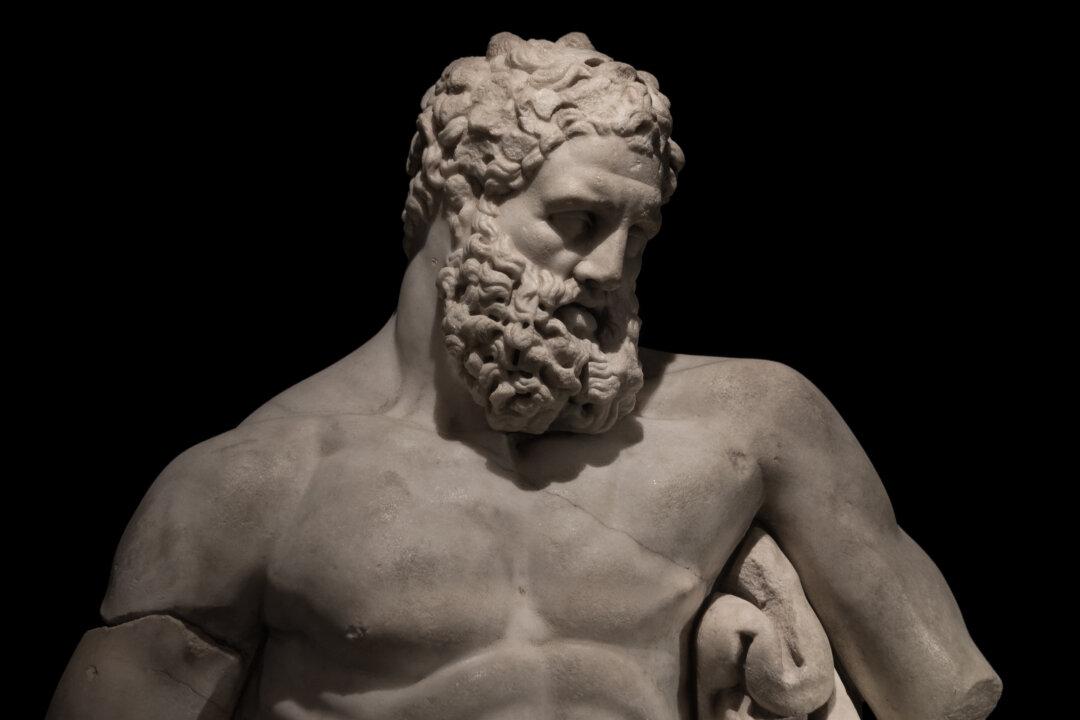In a world that rewards being right, it’s very difficult to not pursue and parrot answers. We even take pride in being right, in having the “right” answer. Some of us even use what we believe to be right to bully and beat those who we think are wrong: After all, why would we adopt ideas and beliefs if they weren’t right? And since we’re right, how could anyone be dumb enough to think differently from how we do? We love to cast stones.
Believing we have the absolute answer often devolves into the worst kind of zealotry, the kind of zealotry that leads to condemnation, inquisitions, and even genocide. Rather, were we to seek to formulate good questions as often as we wish to club people over the head with our “right” beliefs, our world would be much different.

